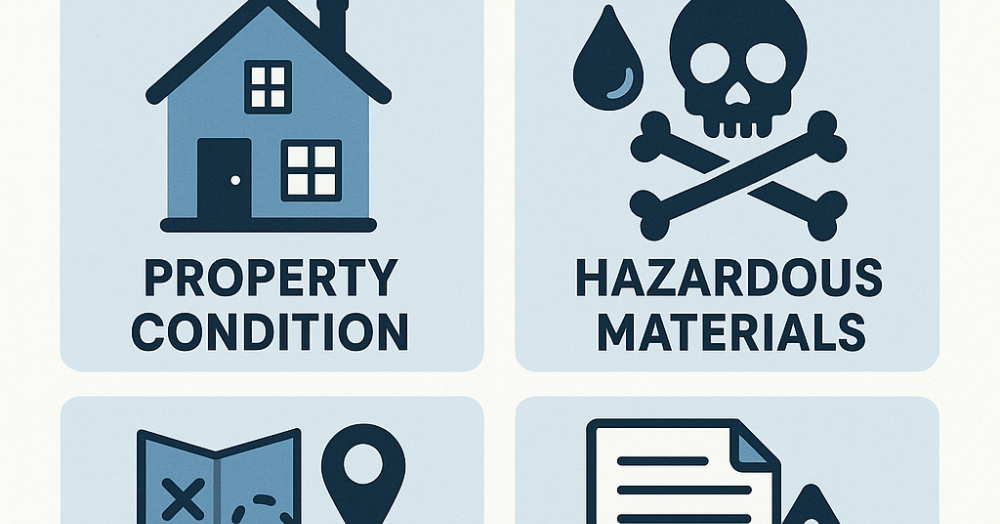
What information must sellers disclose to buyers?
Infomation you must disclose when selling your home....
During your house hunting quest, chances are you will only see a given house at its best; perfectly organised, expertly staged, and clean. This gives you a perfect picture that lures you into buying the house; however, you might be missing a lot; recurrent water problems, rat and termite infestations, past flooding cases, etc. These are the things that eventually cost you a lot.
This is the point where a seller’s disclosure chips in. It is usually designed, giving you as a buyer insights into the defects you are likely to experience, with your new house – including the past, as well as the present. This may help you to make a more informed decision on whether to buy the house and not forgetting, saving you high costs you would have included in repair costs.
The seller's disclosure form protects the buyer, as well as the seller. How? As a buyer, you need to have all the detailed information, of any upgrades, repairs, and renovations required, even before buying the house. As for the seller, before closing the deal, the buyer is required to sign off, proving that he/she is conversant with any pre-existing problem, thus protecting the seller from any irregular legal action you may opt to take afterwards.
Details included in the seller’s disclosure form
Generally, a seller is required to include all the house defects – past or current, or any major constructions done either on the foundation, roof, the structure or the house systems (plumbing, electrical, heating, septic, etc.)
Below are examples of some of the issues to be disclosed by the seller;
- Leakage on the roof, doors and windows
- Knowledge of a neighboring construction or development project
- DIY renovations or even construction done short of the city permit
- Past occurrences of flooding
- Any utility issues
- Local environmental risks
- The existence of radon, lead paint, radon, mold, or asbestos
- Hitches with the plumbing or electrical systems
- Soil contamination
- Wildlife or infestations
- Property line clashes
- Bankruptcy proceedings
- Recent crime or death on the property
- Neighborhood noise or nuisances
- Malfunction of appliances
- Present property liens
- Cracks in the houses’ foundation, etc.
Anything that poses as a threat to either your health or even in devaluing your property should be included in the seller’s disclosure form. Also, note that the seller might not be fully aware of all the underlying issues. While even in some cases, to keep the house sales on track, the seller might fail to highlight all the problems.
Being a legal document, ensure you request for a disclosure form, either from your estate agents or even directly from the house seller. Review it carefully before signing into any contract. This might save you big-time!